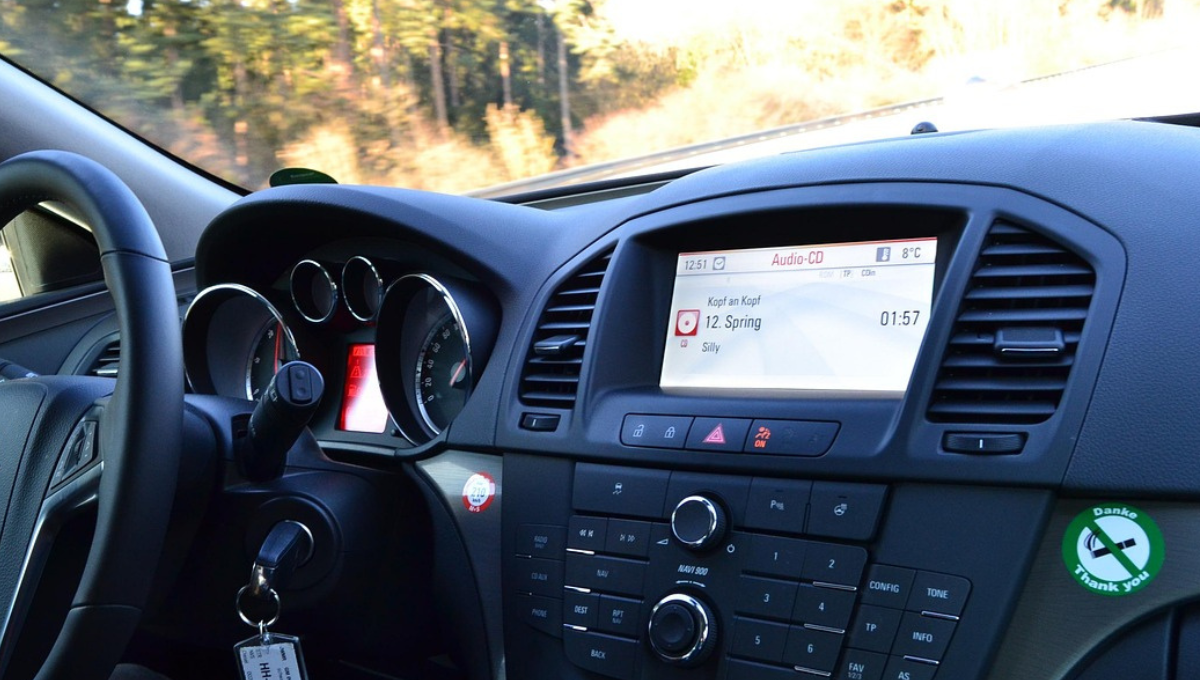When you own a home, there are countless things you need to worry about: maintenance, security, repairs, and most importantly, your safety and the safety of others.
But what happens if someone gets injured at your home or you accidentally cause damage to someone else’s property? Can someone sue you, and if so, how can your home insurance help? This is where liability coverage in home insurance comes in.
In this article, we’ll explore everything you need to know about liability coverage, how it works, and why it’s crucial for homeowners.
What is Liability Coverage in Home Insurance?
Definition and Purpose
Liability coverage in home insurance protects you financially if someone gets injured on your property or if you cause damage to another person’s property. Essentially, it provides financial support for the legal costs, medical bills, and other expenses that could arise if someone files a lawsuit against you due to an accident or injury.
Home liability insurance covers a wide range of situations, from minor accidents to serious incidents. It’s designed to ensure that, in the event of an unexpected incident, you are not left bearing the entire financial burden.
Types of Liability Coverage
- Personal Liability Insurance
Personal liability insurance covers you if someone is injured while visiting your home. For instance, if a guest trips and falls or your dog bites someone, personal liability would cover the resulting costs, including medical expenses and legal fees. - Medical Payments Coverage
This covers the medical expenses of someone who is injured on your property, regardless of whether you were at fault. Unlike personal liability insurance, medical payments coverage does not require a lawsuit to be filed. - Damage to Property
If you or someone in your household accidentally causes damage to someone else’s property (for example, if you damage a neighbor’s fence while playing baseball), liability insurance can cover the costs.
Does Home Insurance Protect You From Lawsuits?
Yes, home insurance liability coverage does protect you from lawsuits. If someone files a lawsuit against you for an injury or property damage that occurred on your premises, your home insurance will help cover legal fees and any potential settlements or judgments.
However, it’s important to note that liability coverage has limits, and it may not cover all types of incidents. Some exclusions apply, such as intentional acts or damage caused by certain types of business activities conducted on the property.
How Does Liability Coverage Work?
Step-by-Step Process
- Incident Occurs
The first step is the incident itself – someone gets injured on your property or their property is damaged by you. This could happen due to a variety of reasons: a slip and fall, an accident during a social gathering, or even an incident involving a pet. - Claim Filed
After the incident, the injured party (or their insurance company) will typically file a claim with your home insurance provider. If the situation involves a lawsuit, the injured party might also hire a lawyer. - Insurance Provider Investigates
Your insurance company will then investigate the incident. This may include gathering witness statements, reviewing medical records, and examining the scene of the accident. The insurer will determine whether you are legally responsible for the incident and whether your policy covers the event. - Coverage Decision
If the insurer determines that the incident is covered by your liability insurance, they will provide financial support for medical costs, legal fees, or property damage. The insurer may offer to settle the case to avoid going to court, but if necessary, they will represent you in a lawsuit. - Payout
If the case is settled or goes to court and you are found liable, your home insurance will pay for the damages up to your policy’s coverage limits. You may still be responsible for any amount beyond the coverage limit, depending on the specifics of the case.
Example Scenario: Slip and Fall Accident
Imagine a guest comes over to your house, and while walking in your entryway, they slip on a wet floor and break their arm. In this case, they could file a lawsuit against you, claiming that your negligence led to the injury.
- Step 1: The guest files a claim.
- Step 2: Your home insurance provider investigates the claim.
- Step 3: The insurer covers medical expenses, legal fees, and any potential settlement.
This is a simplified example, but it demonstrates how liability coverage works in the event of an injury at your home.
How Much Liability Coverage Do You Need?
Minimum Coverage Requirements
Every state in the U.S. has different laws and minimum coverage requirements for home insurance. Generally, personal liability coverage ranges from $100,000 to $500,000, though many experts recommend higher amounts for better protection.
- $100,000 Coverage: Often considered the minimum for basic protection.
- $300,000 Coverage: Ideal for those who want more comprehensive protection.
- $500,000 or More: Recommended for homeowners with valuable assets or higher-risk situations.
Keep in mind that even though these are standard coverage amounts, you may want to increase your coverage based on your financial situation, lifestyle, or risk factors.
Umbrella Insurance
For extra protection, many homeowners opt for umbrella insurance, which provides coverage beyond the limits of your standard liability coverage. An umbrella policy typically adds an additional $1 million or more in liability coverage, offering more extensive protection if your home insurance limits are exhausted.
Common Liability Coverage Scenarios
1. Dog Bites
If your dog bites a visitor or a neighbor, liability coverage can help cover the medical costs and any legal fees that arise from a lawsuit. However, some insurance companies may exclude certain breeds of dogs, so it’s essential to understand your specific policy details.
2. Guests Getting Injured
If a guest gets injured at your home – for example, slipping on a wet floor – your liability coverage would cover their medical expenses, and in some cases, you may also be responsible for legal costs if they decide to sue.
3. Damage to Neighbor’s Property
If you cause accidental damage to a neighbor’s property, like breaking their window while mowing the lawn or causing damage to a fence, your home liability insurance can cover the cost of repair or replacement.
4. Child’s Actions
If your child accidentally damages someone’s property or injures another child while playing in your yard, your liability insurance may cover the costs associated with the incident.
Exclusions in Home Insurance Liability Coverage
Though liability coverage is broad, there are some exclusions to be aware of:
- Intentional Acts: If you intentionally cause harm to someone or damage property, your home insurance will not cover the incident.
- Business Activities: If you operate a business from your home (e.g., daycare services), certain activities may not be covered under standard liability insurance.
- Injuries to Household Members: If a member of your household is injured, your liability insurance will generally not cover their medical expenses.
Conclusion: Why Liability Coverage is Essential for Homeowners
Liability coverage is a critical component of home insurance that protects you from the financial consequences of accidents, injuries, and property damage that occur on your property. Whether it’s a slip and fall injury, a dog bite, or accidental property damage, liability coverage provides a safety net, covering medical costs, legal fees, and potential settlements.
Without liability insurance, you could be financially responsible for the significant expenses that result from a lawsuit or injury. Therefore, understanding how liability coverage works and ensuring you have adequate coverage is essential to protecting your home, assets, and peace of mind.
Final Thoughts
As a homeowner, having liability coverage in your home insurance policy is not just a wise decision – it’s a necessary one. It can protect you in ways that go beyond the immediate physical damage to your property, ensuring that you are covered for accidents, injuries, or even lawsuits. With the right coverage, you can rest easy knowing that you are financially protected in the event of an unfortunate incident.
References







